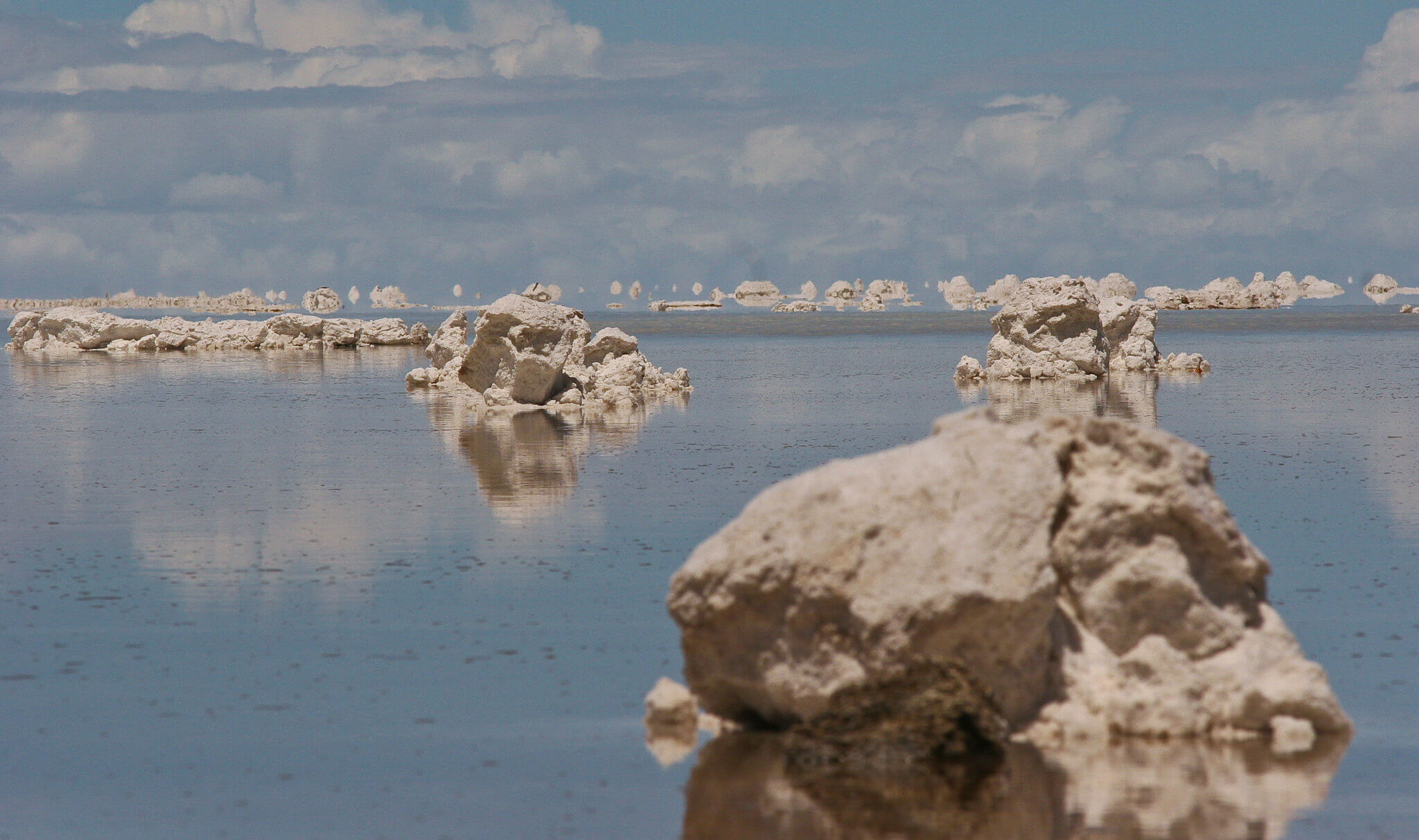Bolivian court ordered the suspension of lithium contracts with Chinese and Russian companies
Photo: Danielle Pereira Flickr.
According to an article by the outlet Infobae, the Bolivian judiciary ordered the suspension of two contracts for the industrialization of lithium with firms from the People’s Republic of China and the Russian Federation.
Additionally, the court instructed the Ministry of Hydrocarbons and Yacimientos de Litio Bolivianos (YLB) to refrain from carrying out any administrative action related to these contracts until the process is concluded and resolved.
This decision was made due to a popular action in defense of Indigenous and environmental rights by the Central Única Provincial de Comunidades Originarias de Nor Lípez, from the Bolivian department of Potosí.
These lithium projects, which had been awarded to firms from China and Russia, were to be carried out in a region near the Uyuni salt flat, in the southeast of the country, where around 50 Indigenous communities are settled.
Regarding this judicial decision, the Central Provincial emphasized that “the judge issued historic precautionary measures that halt the advance of projects that threaten our collective rights, our water sources, and Mother Earth.”
Prior to the decision, the Central Provincial had requested, as a precautionary measure in its popular action for the defense of environmental and Indigenous rights, the execution of environmental studies in coordination with all communities, the development of consultation processes before the project, and the creation and enactment of a law on lithium and evaporitic resources.
The two contracts in question that must be suspended were with the Chinese firm Hong Kong CBC and the Russian firm Uranium One, which were in the process of being reviewed by the Plurinational Legislative Assembly.
The first of these two contracts to be signed was that of the Russian company Uranium One with YLB, in September 2024, which had agreed to produce 14,000 tons of lithium carbonate per year in the Uyuni salt flat, in the department of Potosí.
It is known that this contract would imply an investment of more than 970 million dollars, and for the various processes related to the extraction of this mineral, Direct Lithium Extraction (DLE) technology would be used.
As for the contract signed between the company from the People’s Republic of China, Hong Kong CBC, and YLB, established at the end of November 2024, it is known that it would involve an investment of 1.03 billion dollars, would include two lithium carbonate production plants that would produce 10,000 and 25,000 tons per year, and would also use DLE technology.
After these two contracts were signed, they were sent to the Chamber of Deputies of Bolivia, where some analysts on energy and environmental issues, as well as several legislators, denounced that they were not beneficial for Bolivia and had been approved through bribes and without proper consultation with the communities near the areas where the projects would be carried out.
In an interview for the outlet Radio Fides, Congresswoman Lisa Claros highlighted that with this judicial ruling “the operations being carried out by these transnational companies in the Uyuni salt flats as well as the legislative process in the Assembly would be halted,” referring to the fact that even without the contracts being approved, these companies were already operating without the necessary authorization.
She also commented that she celebrates that “today Bolivian justice is watching over the fundamental rights of Indigenous peoples and of Mother Earth.” Likewise, she emphasized that with this ruling, no operations will be allowed in the salt flats until the necessary environmental impact studies are carried out.
It is worth mentioning that Bolivia is one of the three main exporters of lithium in South America, only behind Chile and Argentina, and possesses one of the largest reserves of this mineral in the world. For this reason, it was expected that this resource would boost the country’s industrialization, facilitate an energy transition, and allow it to become an exporter of manufactured products instead of raw materials.
However, Bolivia has not achieved a notable development of its industry. After more than twelve years of major projects, multiple strategies, and multi-million-dollar investments with no return, the contracts signed in 2024 were suspended, which would further affect the development of this industry in the country.
Main Source:
Related News:
You may be interested in:
Bolivia y China multiplican cooperación en 40 años de relaciones (+Foto) – Prensa Latina

